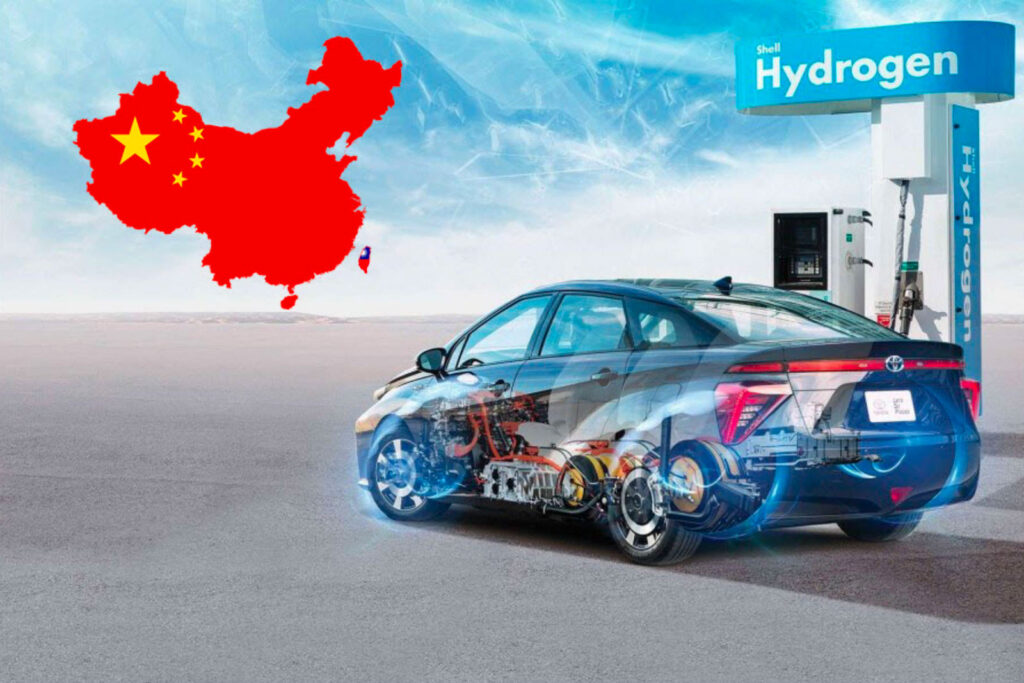In Cina il 40% delle stazioni di idrogeno al mondo
(ANSA-XINHUA) – PECHINO, 13 APR – La Cina ha completato la costruzione di oltre 250 stazioni di rifornimento di idrogeno, che rappresentano circa il 40% del totale globale, come parte degli sforzi per adempiere al proprio impegno di sviluppare l’energia dell’idrogeno per affrontare il cambiamento climatico.

Ad affermarlo è Liu Yafang, un funzionario della National Energy Administration.
Quest’ultimo ha anche reso noto che il Paese asiatico sta sviluppando progetti per produrre idrogeno da energia rinnovabile e ridurre il costo dell’elettrolisi dell’acqua, mentre continua a esplorare soluzioni di stoccaggio e trasporto.
L’energia dell’idrogeno viene usata per alimentare i veicoli, specialmente gli autobus e i camion pesanti. Oltre 6.000 mezzi su strada sono equipaggiati con celle a combustibile a idrogeno, pari al 12% del totale mondiale, ha aggiunto Liu.
A fine marzo la Cina ha rilasciato un piano per lo sviluppo dell’energia a idrogeno per il periodo 2021-2035. (ANSA-XINHUA).
Ultime news
-
Il Giappone punta al 18% dell'energia dall'idrogeno solare entro il 2050
-
In Cina il 40% delle stazioni di idrogeno al mondo
-
A giorni il tavolo ministeriale per l’accordo di programma su Acciai Speciali Terni
-
Idrogeno verde, come la Sicilia diventerà il distributore d'Italia
-
La domanda di H2 crescerà di 5 volte entro il 2050
Categorie
Privacy Overview
| Cookie | Durata | Descrizione |
|---|---|---|
| cookielawinfo-checkbox-analytics | 11 months | This cookie is set by GDPR Cookie Consent plugin. The cookie is used to store the user consent for the cookies in the category "Analytics". |
| cookielawinfo-checkbox-functional | 11 months | The cookie is set by GDPR cookie consent to record the user consent for the cookies in the category "Functional". |
| cookielawinfo-checkbox-necessary | 11 months | This cookie is set by GDPR Cookie Consent plugin. The cookies is used to store the user consent for the cookies in the category "Necessary". |
| cookielawinfo-checkbox-others | 11 months | This cookie is set by GDPR Cookie Consent plugin. The cookie is used to store the user consent for the cookies in the category "Other. |
| cookielawinfo-checkbox-performance | 11 months | This cookie is set by GDPR Cookie Consent plugin. The cookie is used to store the user consent for the cookies in the category "Performance". |
| viewed_cookie_policy | 11 months | The cookie is set by the GDPR Cookie Consent plugin and is used to store whether or not user has consented to the use of cookies. It does not store any personal data. |

